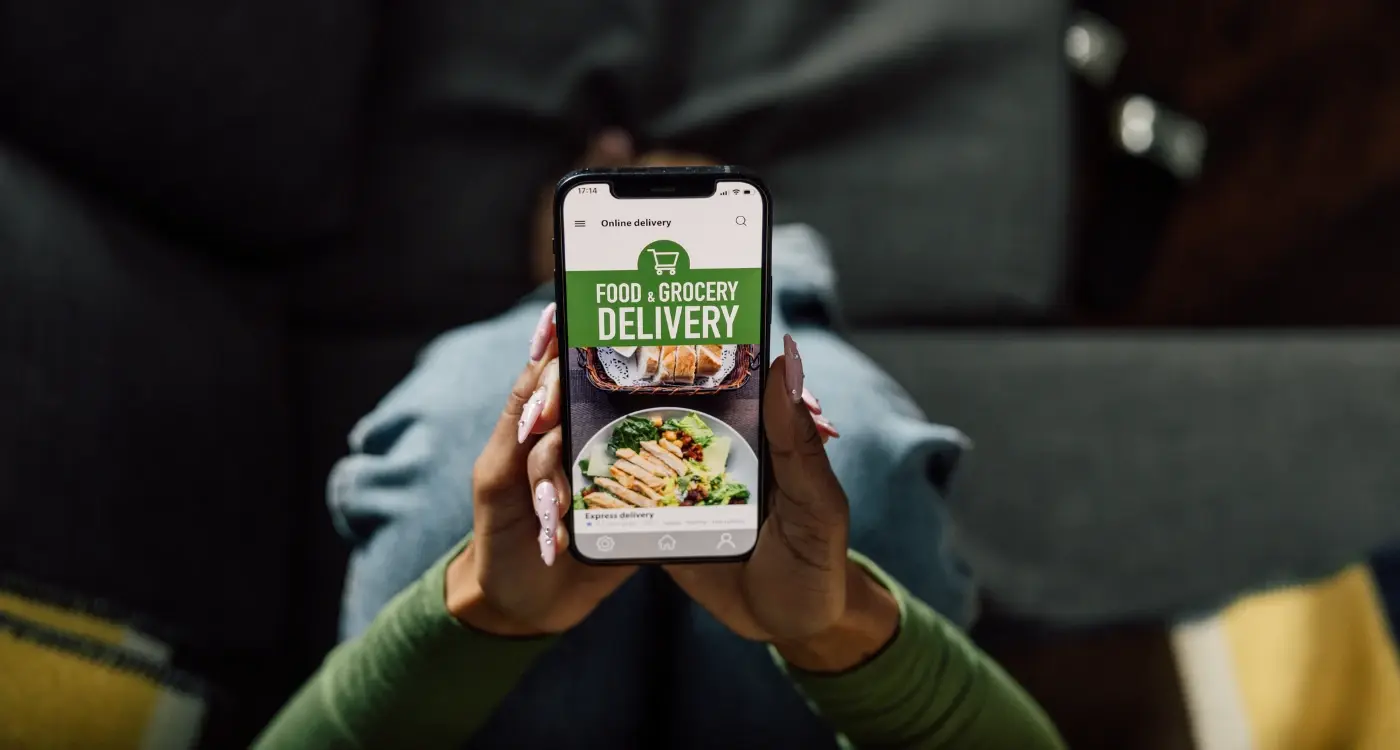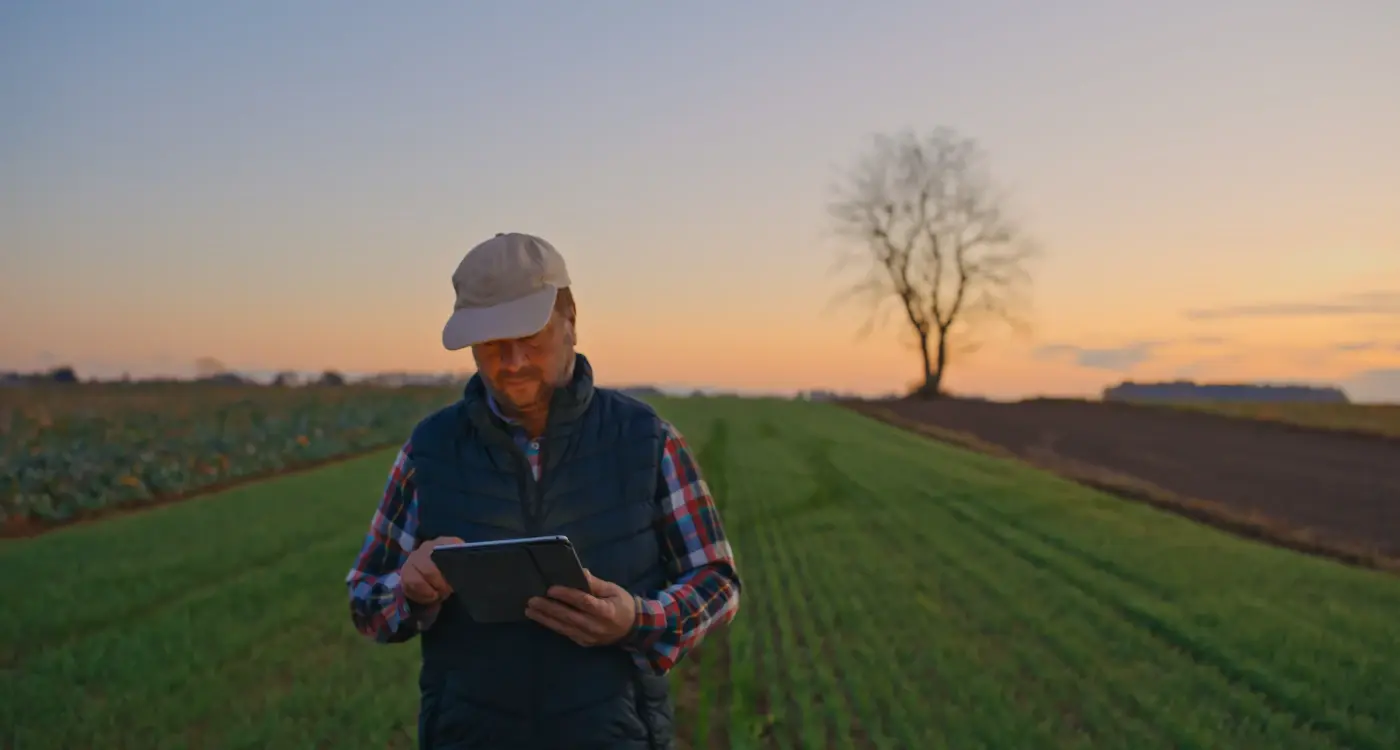What Legal Requirements Must My Delivery App Meet For Commercial Use?
You've built an amazing delivery app that could change how people get their food, groceries, or packages. The interface is slick, the features work perfectly, and your test users love it. But then someone mentions legal requirements and suddenly you're staring at a mountain of regulations, compliance rules, and legal jargon that makes your head spin.
I've worked with dozens of delivery app founders over the years, and this moment of realisation always hits the same way. One day you're focused on user experience and growth metrics, the next you're drowning in data protection laws, worker classification rules, and payment regulations. The problem is that ignoring these legal requirements isn't an option—not if you want your app to survive in the commercial marketplace.
Getting legal compliance wrong can shut down your delivery app faster than a bad user review can kill downloads
The truth is, legal compliance for delivery apps isn't just about avoiding lawsuits; it's about building a sustainable business that users trust and regulators respect. From protecting customer data to properly classifying your drivers, from handling payments securely to writing terms that actually protect you—each requirement serves a purpose. This guide will walk you through every legal requirement your delivery app needs to meet, breaking down complex regulations into practical steps you can actually follow.
Understanding Data Protection and Privacy Laws
Data protection might sound like something only tech giants need to worry about, but I can tell you from experience that every delivery app—no matter how small—needs to get this right from day one. The moment your app collects someone's name, email address, or location data, you're handling personal information and that comes with serious legal responsibilities.
In the UK, the General Data Protection Regulation (GDPR) sets the rules for how you can collect, store, and use customer data. This applies to delivery apps just as much as it does to social media platforms or online shops. You'll need a clear privacy policy that explains exactly what data you're collecting and why; most people don't realise this includes things like GPS location tracking for deliveries, payment card details, and even how long someone spends browsing your menu.
Key Data Protection Requirements
- Obtain clear consent before collecting any personal data
- Allow users to delete their accounts and personal information
- Implement proper security measures to protect stored data
- Report any data breaches within 72 hours
- Appoint a Data Protection Officer if processing large amounts of data
The penalties for getting this wrong aren't just scary—they can genuinely put small businesses out of operation, with fines reaching up to 4% of annual turnover or £17.5 million, whichever is higher.
Terms of Service and User Agreements
Your delivery app needs proper terms of service and user agreements before it can legally operate. These documents protect your business and tell users what they can and can't do with your app. Think of them as the rulebook that everyone must follow.
The terms of service should cover basic things like how people can use your app, what happens if something goes wrong, and how disputes get resolved. You'll also need to explain your refund policy, delivery charges, and what happens when orders get cancelled. Users need to accept these terms before they can start using your app—this acceptance creates a legal contract between you and them.
What Must Be Included
Your user agreement needs specific sections about liability limits, account termination rules, and intellectual property rights. If your app connects customers with delivery drivers, you must clearly explain that relationship too. Are the drivers your employees or independent contractors? This affects your legal responsibilities significantly.
Always get a solicitor to review your terms before launch. Template agreements from the internet rarely cover the specific legal requirements for delivery apps and could leave you exposed to costly disputes later.
Don't forget to include jurisdiction clauses—these specify which country's laws apply if legal problems arise. For UK-based apps serving British customers, you'll want UK law to govern your agreements.
Age Restrictions and Child Safety Compliance
When building delivery apps, age restrictions aren't something you can just ignore—they're legally required in most countries. If your app collects personal data from users, you need to know the minimum age requirements where you operate. In the UK, it's 13 years old under GDPR; in the US, it's also 13 under COPPA (Children's Online Privacy Protection Act).
The tricky bit comes when you're dealing with food delivery. Kids might want to order pizza, but can they legally use your app? Most delivery platforms require users to be 18 or older because ordering food involves making purchases and potentially handling age-restricted items like energy drinks or certain medications.
Key Compliance Requirements
Your delivery app needs robust age verification systems—not just a simple "Are you over 18?" checkbox that anyone can tick. You'll want proper verification that actually works; this might include ID verification for account creation or payment method verification since most payment cards are linked to adults.
Don't forget about parental consent mechanisms if you do allow younger users. This means implementing systems where parents can approve their child's account and monitor their activity.
- Implement proper age verification at registration
- Include clear age restrictions in your terms of service
- Set up parental consent systems for underage users
- Create privacy controls that comply with children's data protection laws
- Train your customer service team on age-related policies
Payment Processing and Financial Regulations
When you're handling money through your delivery app—whether it's processing payments or paying drivers—you're stepping into a world of strict financial regulations. I've worked with countless delivery apps over the years, and this is one area where getting things wrong can shut down your business faster than you can say "payment declined". The financial authorities don't mess about when it comes to compliance.
PCI DSS Compliance
If your app stores, processes, or transmits credit card information, you need to meet Payment Card Industry Data Security Standards (PCI DSS). This means your app must encrypt sensitive data, maintain secure networks, and regularly test security systems. Most developers work with payment processors like Stripe or PayPal to handle this complexity—they're already PCI compliant, so you don't have to build everything from scratch.
Anti-Money Laundering Requirements
Delivery apps often fall under anti-money laundering (AML) regulations, especially when processing large volumes of transactions. You might need to verify customer identities, monitor suspicious activities, and report certain transactions to authorities.
Financial compliance isn't just about ticking boxes—it's about protecting your users' money and your business reputation
Don't forget about tax obligations either. Your app needs to handle VAT correctly, provide proper receipts, and maintain detailed transaction records. Getting professional legal advice on financial regulations is money well spent—trust me on this one.
Intellectual Property and Content Licensing
Right, let's talk about something that catches loads of delivery app developers off guard—intellectual property. I've seen brilliant apps get into serious legal trouble because they didn't think about who owns what and what they're allowed to use.
Protecting Your Own Brand
First up, you need to protect your own stuff. Your app name, logo, and any unique features should be trademarked if possible. This stops competitors from copying your branding and confusing your customers. Trust me, it happens more often than you'd think! Your app's code and design are automatically protected by copyright, but documenting everything properly makes life much easier if disputes arise.
Using Other People's Content
Now here's where it gets tricky—using content that belongs to someone else. Those restaurant logos, food photos, and even map data you're displaying? You need proper licensing agreements for all of it. You can't just grab images from Google or copy restaurant menus without permission.
Most delivery apps need licensing deals with restaurants for their branding and menu content, plus agreements with mapping services for location data. Stock photo sites offer royalty-free images, but read the small print—some licenses don't cover commercial use. Getting this wrong can result in expensive legal battles that'll drain your budget faster than you can say "copyright infringement."
Driver and Worker Classification Laws
Getting worker classification wrong in your delivery app can land you in serious legal trouble—and I've seen it happen more times than I care to count. The difference between classifying drivers as employees versus independent contractors isn't just paperwork; it affects everything from wages to benefits to tax obligations.
Most delivery platforms classify their drivers as independent contractors, which means they're self-employed and responsible for their own taxes, insurance, and equipment. But this classification comes with strict rules that your app must follow for commercial use compliance.
Key Classification Requirements
Independent contractors must have genuine control over how they work. They should be able to set their own hours, choose which deliveries to accept, and work for multiple platforms simultaneously. If your app requires drivers to work specific shifts or accept all delivery requests, you might be crossing into employee territory.
- Allow flexible scheduling and the right to refuse jobs
- Avoid controlling how drivers perform their work
- Don't provide uniforms or mandate specific equipment beyond basic safety requirements
- Ensure drivers can work for competitors
Always consult with an employment lawyer before launching—worker classification laws vary significantly between countries and even states, and getting this wrong can result in hefty back-pay claims and penalties.
The legal requirements around worker classification are constantly evolving, particularly as governments try to balance gig economy flexibility with worker protections. Building your app with proper contractor relationships from day one protects both you and your drivers.
Insurance and Liability Requirements
Right, let's talk about something that keeps business owners up at night—what happens when things go wrong with your delivery app. I've worked with plenty of clients who thought they could skip this bit, but trust me, proper insurance coverage isn't optional when you're running a commercial delivery service.
Your delivery app needs several types of insurance protection. Commercial general liability insurance covers basic business risks like customer injuries or property damage. If you employ drivers directly, you'll need workers' compensation insurance—this protects both you and your drivers if accidents happen during deliveries. Professional liability insurance is another must-have; it covers you if your app malfunctions and causes financial losses.
Driver Insurance Complications
Here's where it gets tricky—personal car insurance policies typically don't cover commercial deliveries. Your drivers need commercial vehicle insurance or special rideshare/delivery coverage. Some insurers offer hybrid policies that switch between personal and commercial coverage automatically.
App-Specific Risks
Delivery apps face unique liability challenges that traditional businesses don't encounter:
- Data breaches exposing customer payment information
- Food safety issues if you're delivering meals
- Incorrect deliveries causing financial losses
- Driver background check failures leading to incidents
- Platform crashes during peak ordering times
Work with an insurance broker who understands technology businesses—they'll help you identify coverage gaps before they become expensive problems. Don't forget to review your policies annually as your app grows and regulations change.
Conclusion
Getting your delivery app ready for commercial use means ticking a lot of legal boxes—and I mean a lot! From data protection laws that keep your users' personal information safe to payment regulations that protect their money, each requirement serves an important purpose. You can't just ignore these rules and hope for the best; they're there to protect everyone involved in your business.
The tricky bit is that legal requirements vary depending on where you operate. What works in London might not fly in Manchester, and what's perfectly legal in the UK could land you in hot water elsewhere. That's why getting proper legal advice isn't optional—it's part of running a legitimate business. A good lawyer who understands tech companies will save you headaches (and money) down the line.
Don't let all these legal requirements put you off though! Yes, there's paperwork to sort and policies to write, but once you've got your compliance sorted, you can focus on what really matters: building a brilliant app that customers love. The legal stuff might seem boring compared to designing features, but it's the foundation that lets your business grow safely. Get it right from the start and you won't have to worry about nasty surprises later.
Share this
Subscribe To Our Learning Centre
You May Also Like
These Related Guides

What Are the Legal Requirements for Building a Food Delivery App in the UK?

What Are The Legal Requirements For App Onboarding And Privacy?



